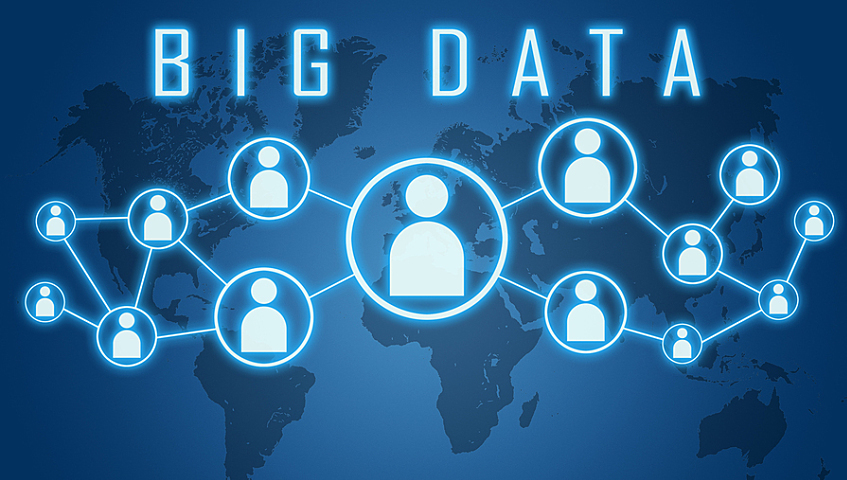Introduction
As the world becomes increasingly digital, the amount of data generated is growing at an unprecedented rate. This massive amount of data is known as big data and has the potential to revolutionize the way we make decisions. In this article, we’ll explore how big data is changing the decision-making landscape and the benefits it offers.

What is Big Data?
Big data is a term used to describe large and complex data sets that cannot be processed by traditional data processing software. These data sets are so vast that they require specialized tools and technologies to store, process, and analyze them effectively. The data comes from a wide range of sources, including social media, online transactions, sensors, and other digital interactions.

How is Big Data Changing the Way We Make Decisions?
Improved Decision-Making Accuracy
Big data provides a more accurate understanding of customer behavior, market trends, and product performance. With this information, companies can make data-driven decisions that are more likely to be successful. By analyzing customer data, businesses can develop better products, services, and marketing strategies that meet their customer’s needs.

Faster Decision-Making
Big data tools and technologies provide near-real-time data analysis, which allows businesses to make decisions faster. This speed is critical in industries such as finance and healthcare, where quick decisions can save lives and money.
![Data Science vs. Big Data vs. Data Analytics [2022 Edition]](https://www.simplilearn.com/ice9/free_resources_article_thumb/Data-Science-vs.-Big-Data-vs.jpg)
Cost Savings
Big data analysis can identify inefficiencies in processes and operations, enabling businesses to streamline their processes and reduce costs. By analyzing customer behavior, companies can reduce marketing costs by targeting only those customers who are most likely to make a purchase.

Personalization
Big data provides companies with the ability to personalize their products and services for each customer. By analyzing customer data, companies can understand individual preferences, behaviors, and needs, allowing them to tailor their offerings to meet the unique needs of each customer.

The Challenges of Big Data
Data Privacy and Security
With the vast amount of data collected and analyzed, there is a risk that this data could be stolen or misused. This risk is particularly concerning when it comes to personal data, such as financial information or health records.

Data Quality
Big data analysis is only as good as the quality of the data being analyzed. Poor quality data can lead to inaccurate insights and flawed decision-making.

Cost
Big data technologies can be expensive to implement, particularly for small businesses that may not have the resources to invest in these tools.

Conclusion
Big data is transforming the way we make decisions, providing us with new and innovative tools to analyze vast amounts of data and generate insights that were previously impossible. As we have explored in this article, the benefits of big data are significant, including improved decision-making accuracy, faster decision-making, cost savings, and personalized experiences for customers.
However, we also acknowledge the challenges that come with implementing big data solutions, including data privacy and security concerns, data quality issues, and the cost of implementing these tools. Despite these challenges, the potential benefits of big data make it a worthwhile investment for businesses and organizations looking to gain a competitive edge in today’s digital landscape.
As technology continues to evolve, we can expect big data to play an increasingly important role in the decision-making process across a wide range of industries. From healthcare to finance to retail and beyond, big data is transforming the way we understand and engage with our customers, allowing us to deliver better products, services, and experiences.
In the end, the power of big data lies not just in its ability to analyze large amounts of data but in its potential to revolutionize the way we make decisions, enabling us to make more informed, data-driven choices that lead to better outcomes for everyone. So, let us continue to embrace the power of big data and use it to drive innovation and growth in our businesses and organizations.




